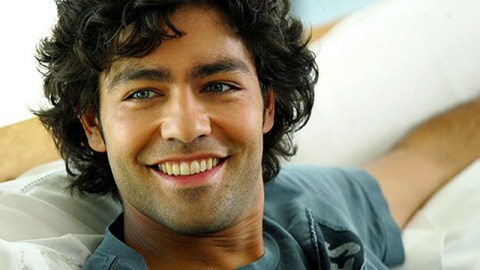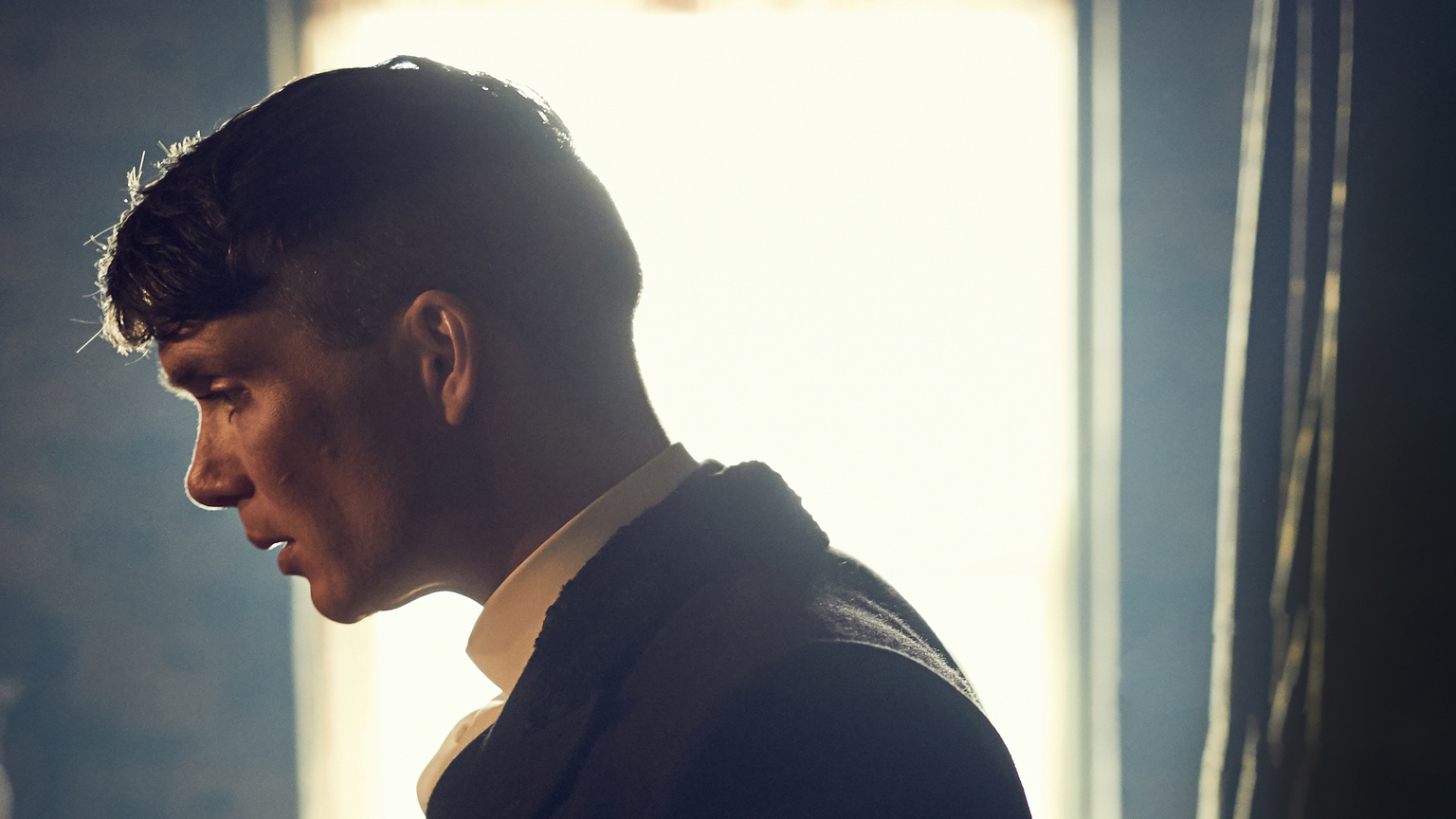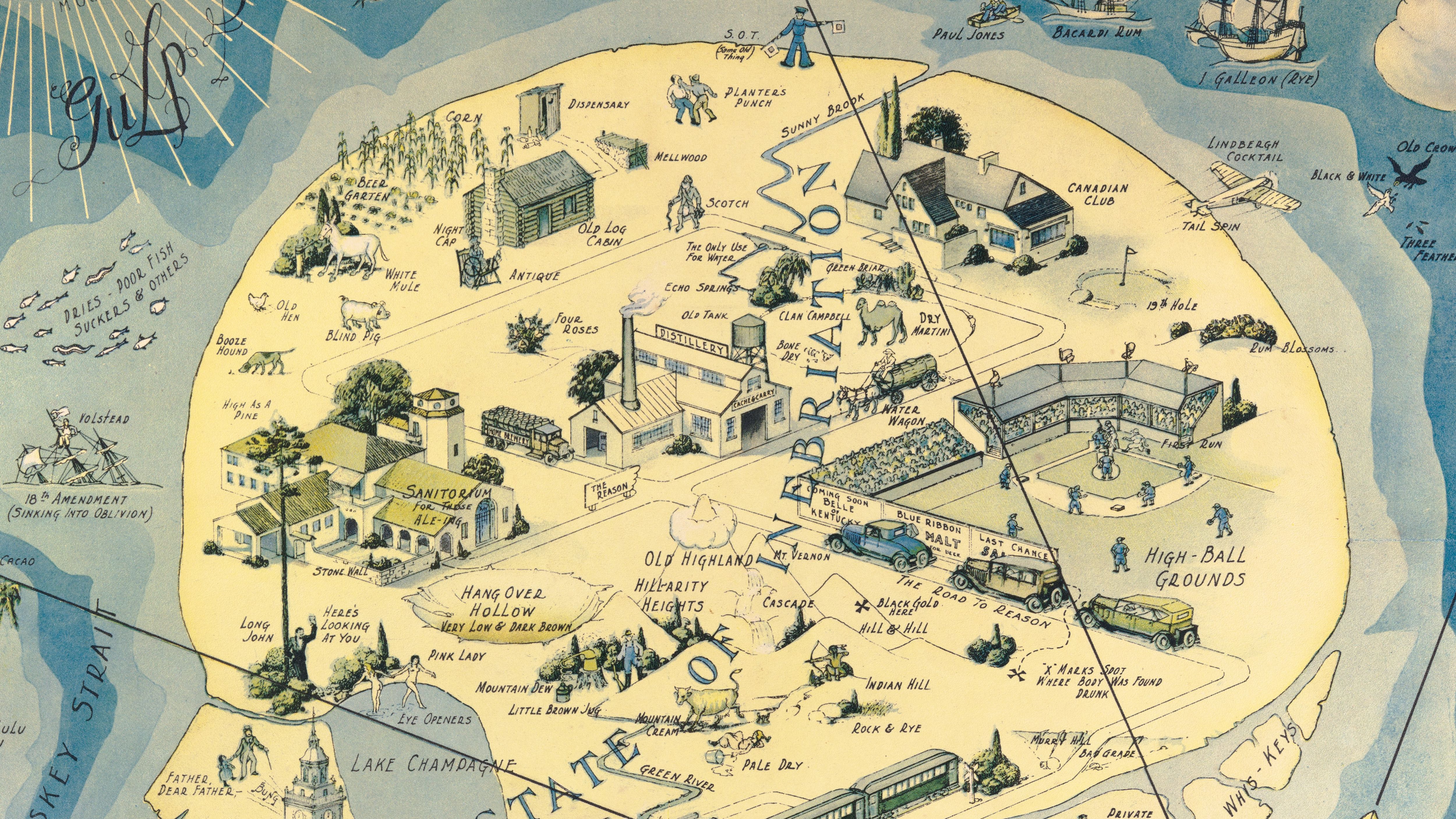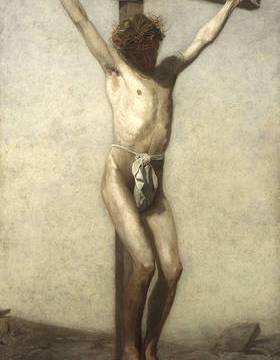Entourage’s War on Drugs

Jamaican Prime Minister, Bruce Golding, in his interview with Big Think, confirms what we know: crime, like global capital markets, is uniquely, irrevocably networked. The rare drug crime might be analyzed in isolation, but most local narcotics markets survive within an international framework of supply and demand. “If we are to tackle [the drug war] effectively,” Golding noted, “it cannot be just on the supply side.” This point has been made before, and seems increasingly to have become a part of our mainstream cultural depictions of what some still call a “War” on drugs. From TraffictoEntourage, the quality of the cultural message may slip but the message itself remains: drugs are everywhere, and easy to get. Our addictions won’t halt at the line of the law.
The title of the final episode in Entourage’s penultimate season was “Lose Yourself,” a reference most viewers will have caught to a celebrated song sung by a pre-rehabbed Eminem. The artist, now sober, appears on the show, in a fight with the series’ young hero, Vince, the latter having crashed the former’s party high on coke. “Party,” “coke” and “crash” remain potent adjectival cultural signifiers, even all these years after the seminal Bright Lights, Big City and Less Than Zero. Most members of the educated, affluent Entourage demographic see drugs as a bad idea, a quick recipe for falling off rails otherwise speeding neatly to Harvard, or Hollywood. Vince’s addiction is less romantic than pathetic, something quickly to be cured, never emulated.
In this, the show’s writers have done something which, when/if Entourage is considered critically in retrospect, gives it a consistent arced storyline about addiction (to fame, to coke, to branded tequila), one far easier to swallow than via, by contrast, the un-palm-lined Dickensian brilliance of The Wire. The apotheosis of Vince’s artistic work was a starring role in a drug film, as a drug lord, Medellin. The irony of the actor’s subsequent addiction was not necessary to discuss.
Eminem’s appearance on Entourage makes sense. The singer embodies that elusive emotion the show succeeded in giving its viewers: being connected, being central, being cool. But being high is the opposite of being connected; junkies don’t appreciate HBO. If the next season maintains its line on addiction in our lives, the show may be remembered less for its portrait of young Hollywood than for its indictment of one moment in time in America. Its current time-slot has been taken by Boardwalk Empire, a show depicting the earliest post-Prohibition drug trade. Did we learn from Prohibition? Will we learn enough from one season of one critically-acclaimed show to shift our expectations of the next season of another? And if so, what actions will we take?





